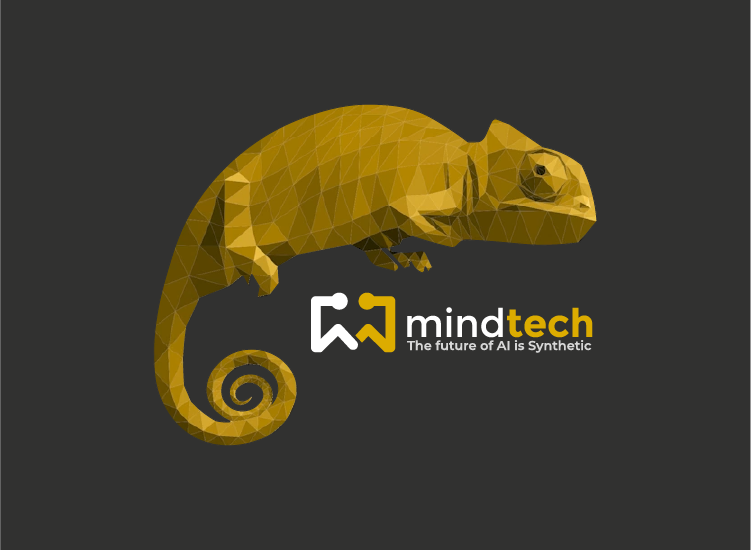
Share article:
Tags:
It seems as though every tech giant is tossing their hat into the ring when it comes to generative AI — the development of algorithms that can create original content such as text, images, and music with no human intervention. The spotlight on models like ChatGPT has already showcased that while the technology comes with boundless potential, there are also undeniable risks and ramifications of improper use. From intellectual property rights, to inherent bias, to data protection and regulation, there is a lot that has come to light in the past few months alone calling for a solid regulatory framework for trustworthy AI that is fundamentally based on high-quality data.
Who owns the rights to content generated by an AI system?
A key concern already stalking this space has been highlighted by models like DALL-E, which have come under fire for discourse over ownership of generated content. Intellectual property rights become murky when an algorithm is ‘responsible’ for generating content. Does the algorithm owner creating a song using an AI model own the copyright? Or should it be the person who commissioned the algorithm? What about the training data used to build the model? Does the ‘original’ content infringe upon someone else’s copyright? These nuances have been the subject of contentious debate as of late and show no signs of being resolved. ChatGPT for example, is not currently inclined to cite its sources, leaving the door wide open to plagiarism and exploitation.
Data protection
In a similar vein, there is also the question of liability for content generated by AI that may be defamatory or otherwise harmful. Who should be held responsible? It can also infringe on the privacy rights of individuals and risks very real, detrimental consequences. This has already been observed with deep fakes which can spread misinformation or defame individuals. In such cases, it may be challenging to hold anyone liable for the AI-generated content. Concerns around data protection and privacy also extend to the training data which may include sensitive information, misuse of which could raise legal issues.
Regulation of generative AI is necessary
As generative AI continues to advance and become more widespread, there is a need for regulation to ensure this is used ethically and responsibly. However, implementing comprehensive regulation is no mean feat. This requires input from a wide range of individuals, spanning legal experts, AI developers, government officials and other stakeholders. While the UK’s privacy and data protection laws already apply to AI, the UK is faced with a dilemma as its ambitions to become a ‘science superpower’ may direct efforts away from regulation. There need to be stringent guidelines to ensure responsible AI practices are upheld.
What can synthetic data offer?
Unsurprisingly, generative AI systems require large amounts of data in order to function effectively. Their output is based on the training data they consume. Using real world data means collecting and potentially using personal data. In the case of privacy concerns and data protection, synthetic data offers a viable solution. It circumvents the aforementioned issues by eliminating the need to collect sensitive information that could be mishandled and allows users to generate masses of data as needed cost-effectively and efficiently.
Overall, generative AI has the potential to create new and exciting content that pushes the boundaries of creativity. However, it also raises a number of legal issues, including questions around IP, privacy, liability and regulation. As this technology continues to advance, it is important for experts to work together to establish clear legal frameworks to govern the use of generative AI and ensure that it is used ethically and responsibly.
ChatGPT: Striking a balance between innovation and responsible AI was originally published in MindtechGlobal on Medium, where people are continuing the conversation by highlighting and responding to this story.
